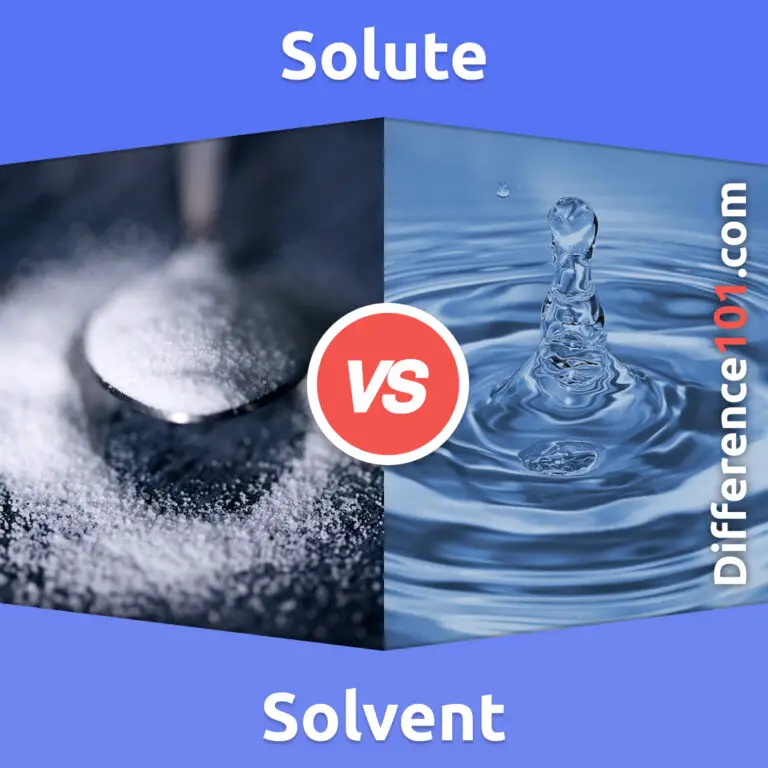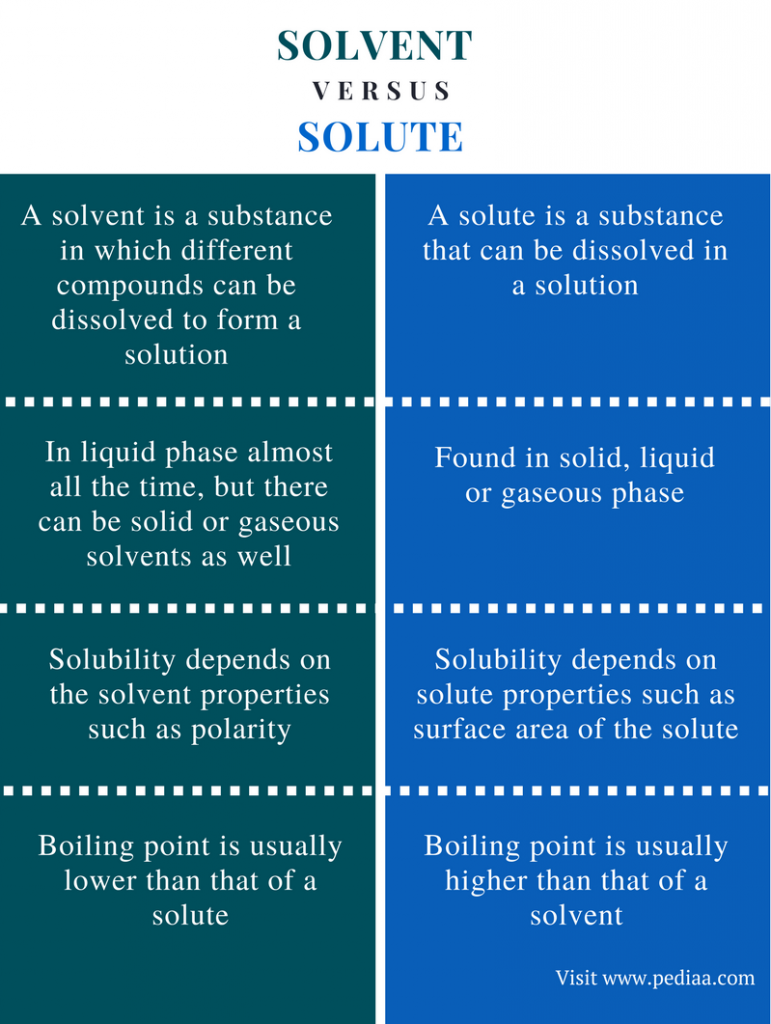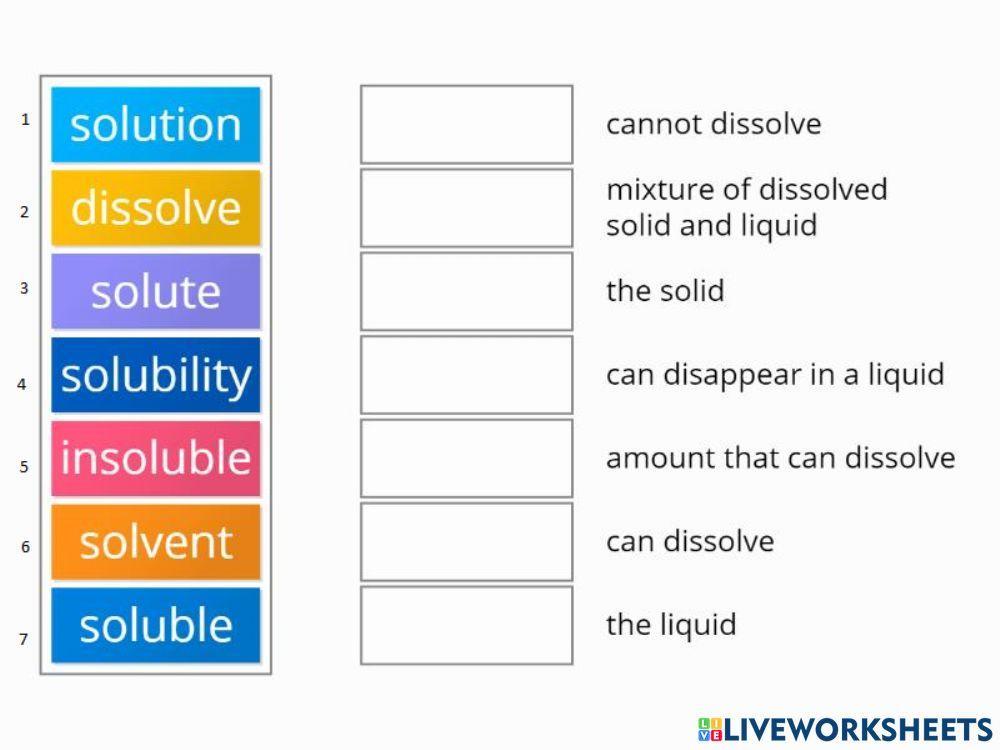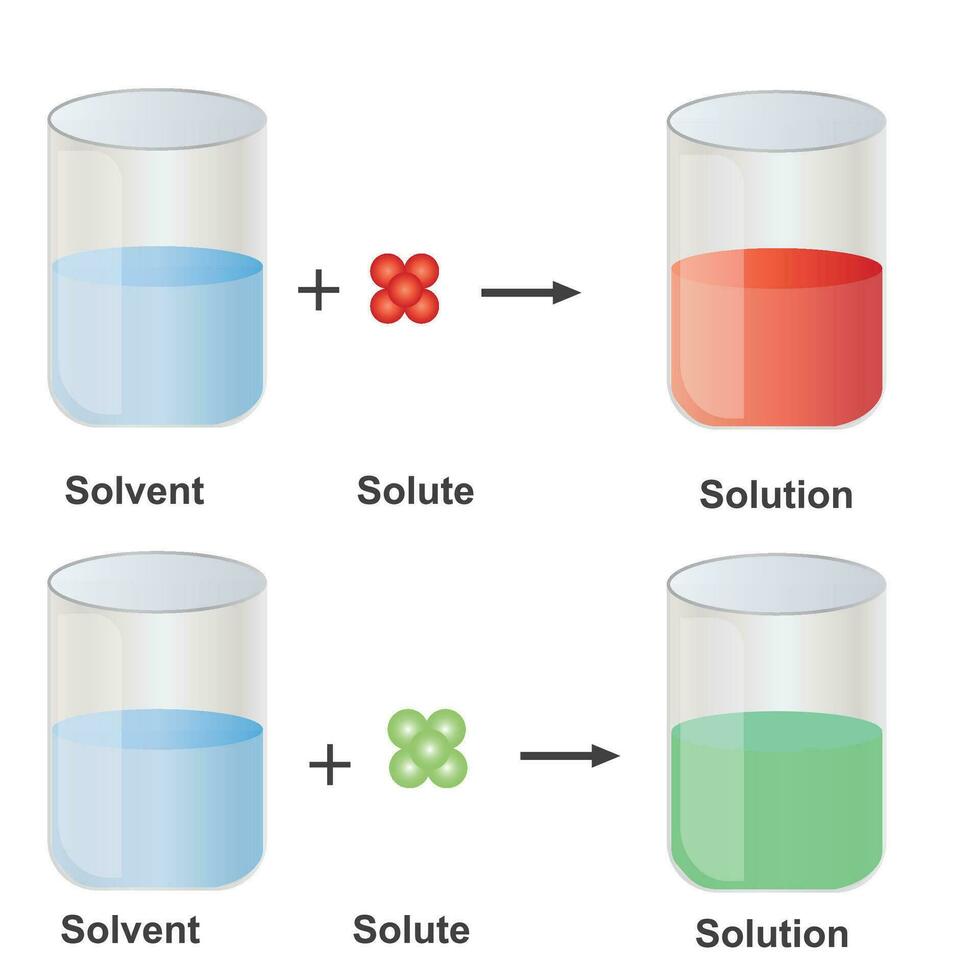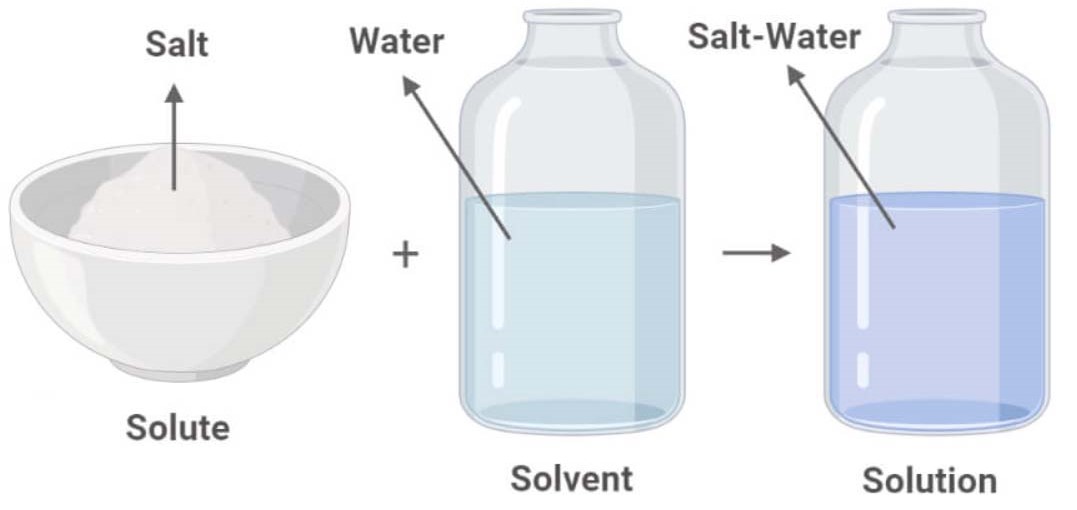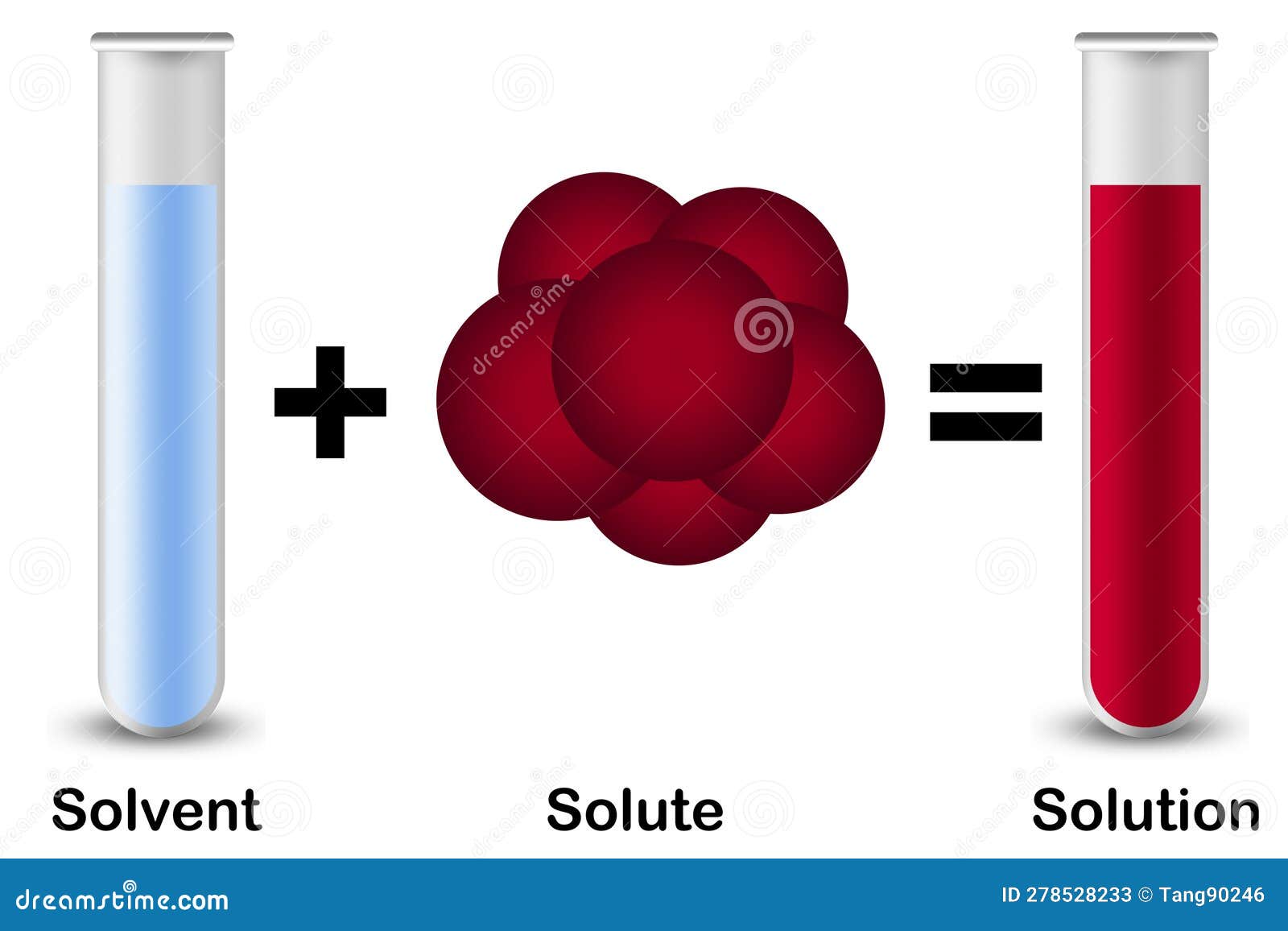In Forming A Solution The Solute Always - What causes a solution to form? A strong electrolyte always forms a very concentrated solution and a weak. Dissolves dissociates both dissolves and dissociates. When a solute dissolves in a solvent, its particles separate and disperse uniformly throughout the. In order to form a solution, the solute must be surrounded, or solvated, by the solvent. In forming a solution, the solute always: The simple answer is that the solvent and the.
The simple answer is that the solvent and the. In order to form a solution, the solute must be surrounded, or solvated, by the solvent. Dissolves dissociates both dissolves and dissociates. A strong electrolyte always forms a very concentrated solution and a weak. When a solute dissolves in a solvent, its particles separate and disperse uniformly throughout the. What causes a solution to form? In forming a solution, the solute always:
What causes a solution to form? When a solute dissolves in a solvent, its particles separate and disperse uniformly throughout the. In forming a solution, the solute always: The simple answer is that the solvent and the. Dissolves dissociates both dissolves and dissociates. A strong electrolyte always forms a very concentrated solution and a weak. In order to form a solution, the solute must be surrounded, or solvated, by the solvent.
Solute vs. Solvent 5 Key Differences, Pros & Cons, Examples
Dissolves dissociates both dissolves and dissociates. The simple answer is that the solvent and the. What causes a solution to form? In order to form a solution, the solute must be surrounded, or solvated, by the solvent. When a solute dissolves in a solvent, its particles separate and disperse uniformly throughout the.
Difference Between Solvent and Solute Definition, Properties, Examples
When a solute dissolves in a solvent, its particles separate and disperse uniformly throughout the. What causes a solution to form? In forming a solution, the solute always: A strong electrolyte always forms a very concentrated solution and a weak. The simple answer is that the solvent and the.
Understanding the Solute and Solvent Relationship
A strong electrolyte always forms a very concentrated solution and a weak. Dissolves dissociates both dissolves and dissociates. The simple answer is that the solvent and the. What causes a solution to form? In forming a solution, the solute always:
Examples Of Solute, Solvent And Solution Examples Of Solute, 44 OFF
When a solute dissolves in a solvent, its particles separate and disperse uniformly throughout the. In forming a solution, the solute always: The simple answer is that the solvent and the. What causes a solution to form? A strong electrolyte always forms a very concentrated solution and a weak.
Solutions. Solubility homogeneous mixture. Solute, solvent and solution
Dissolves dissociates both dissolves and dissociates. In order to form a solution, the solute must be surrounded, or solvated, by the solvent. The simple answer is that the solvent and the. When a solute dissolves in a solvent, its particles separate and disperse uniformly throughout the. What causes a solution to form?
In a solution, is the solute always a solid.
In order to form a solution, the solute must be surrounded, or solvated, by the solvent. Dissolves dissociates both dissolves and dissociates. The simple answer is that the solvent and the. A strong electrolyte always forms a very concentrated solution and a weak. In forming a solution, the solute always:
Solute In Science
The simple answer is that the solvent and the. Dissolves dissociates both dissolves and dissociates. In order to form a solution, the solute must be surrounded, or solvated, by the solvent. What causes a solution to form? A strong electrolyte always forms a very concentrated solution and a weak.
Solute Energy Education
A strong electrolyte always forms a very concentrated solution and a weak. In order to form a solution, the solute must be surrounded, or solvated, by the solvent. The simple answer is that the solvent and the. When a solute dissolves in a solvent, its particles separate and disperse uniformly throughout the. Dissolves dissociates both dissolves and dissociates.
Solute, Solvent and Solution Isolated with Red Solute Stock
The simple answer is that the solvent and the. Dissolves dissociates both dissolves and dissociates. A strong electrolyte always forms a very concentrated solution and a weak. When a solute dissolves in a solvent, its particles separate and disperse uniformly throughout the. What causes a solution to form?
Solute and Solvent Combinations — Overview & Examples Expii
In order to form a solution, the solute must be surrounded, or solvated, by the solvent. A strong electrolyte always forms a very concentrated solution and a weak. What causes a solution to form? The simple answer is that the solvent and the. When a solute dissolves in a solvent, its particles separate and disperse uniformly throughout the.
When A Solute Dissolves In A Solvent, Its Particles Separate And Disperse Uniformly Throughout The.
Dissolves dissociates both dissolves and dissociates. A strong electrolyte always forms a very concentrated solution and a weak. The simple answer is that the solvent and the. In order to form a solution, the solute must be surrounded, or solvated, by the solvent.
What Causes A Solution To Form?
In forming a solution, the solute always:
